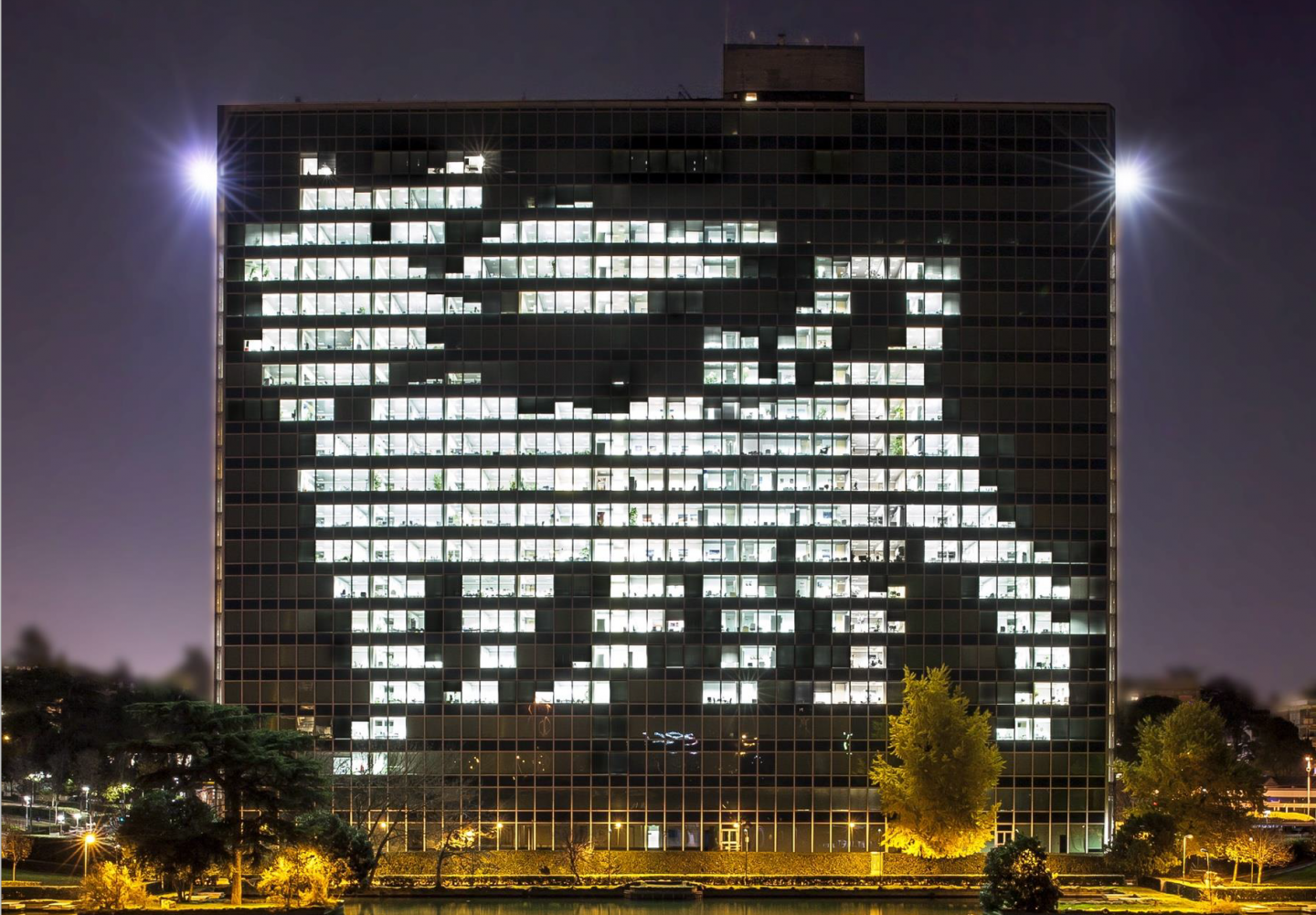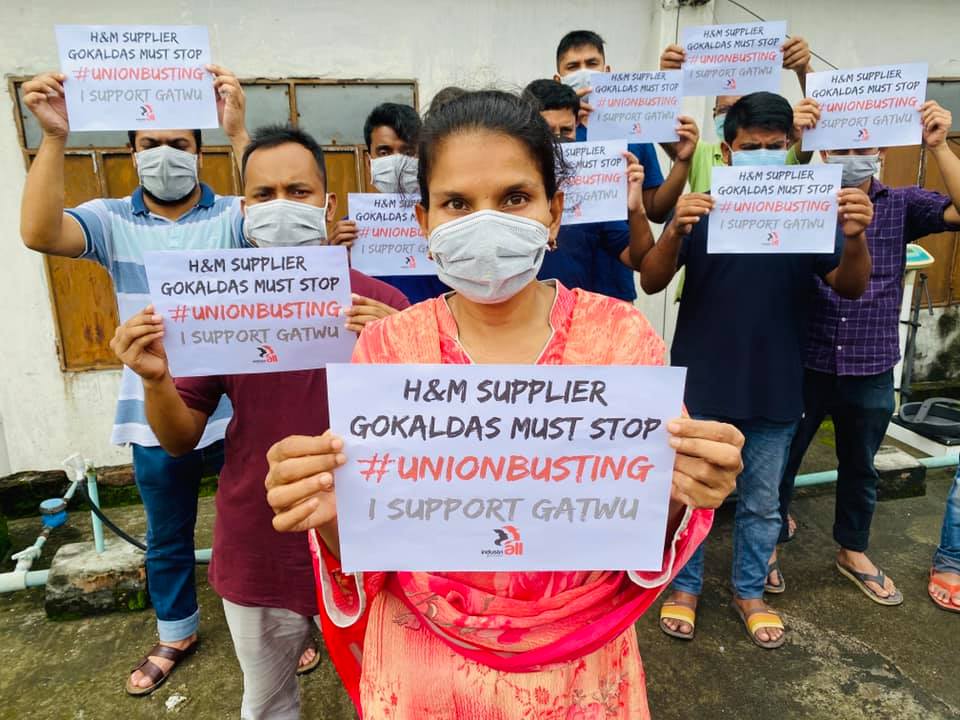Jörg Hoffman, president of IndustriALL and German union IG Metall, opened the meeting saying that the victory for Lula in Brazil, is a victory for us all.
“Faced with several crises around the world, our strength as unions will lie in how we can increase our power on the international level. We need to organize more workers; with that strength we will be a counterforce to capital attacking workers’ interests.”
COP27 is in its second week in Egypt, and IndustriALL is present, working hard to ensure Just Transition standards at all levels of the negotiations.
"In Egypt, the International Labour Organization pavilion is called the Just Transition Pavilion, a token of the work we have put in and the success we have had in making sure it is on the agenda,"
said Atle Høie, IndustriALL general secretary.
“There is a need for a clear roadmap on Loss and Damage and an institutional financial framework that creates a fairer cost distribution between rich and poor countries.”
Hashmeya Alsadawe from Iraq reported from the Womens’ Committee, which met earlier in the month, focusing on the establishment of a gender task force, advancing gender equality and due diligence in global supply chains.
On global framework agreements (GFAs), IndustriALL assistant GS Christine Olivier presented the discussions from the working group. IndustriALL has over the past ten years signed numerous GFAs and has developed tools to monitor and evaluate the implementation of GFAs.
“Our biggest challenge in implementing GFAs are along the supply chain, and we need to increase awareness in understanding GFAs and building union power to counter pushbacks from employers,”
said Christine Olivier.
As the war continues, around 18 million people in Ukraine need humanitarian assistance, IndustriALL assistant general secretary Kemal Özkan told the Executive Committee.
After nine months of war where the people of Ukraine have been subjected to looting, violence and rape, and missiles are again raining over Kyiv, Valeriy Matov, president of Nuclear Power and Industry Workers of Ukraine, voiced concerns over Russian troops reaching Ukraine's largest nuclear plant.
Mykhailo Volynets, chairperson of Confederation of Free Trade Unions of Ukraine, described the urgency as energy infrastructure in the country is destroyed.
IndustriALL president Jörg Hoffman urged all affiliates to continue to provide concrete support to Ukraine, as nine months into the war, the needs are still great.
IndustriALL affiliates in Belarus have been disbanded by the Supreme Court. The Executive Committee adopted a resolution, condemning the dissolution of the independent trade unions, demanding the immediate release of all trade unionists in Belarus.
Unions in Korea are trying to change the country’s trade union act. On 12 November, 90,000 workers rallied on the streets of Seoul, demanding labour law. IndustriALL Executive Committee adopted a resolution urging Korea’s national assembly to pass a bill implementing ILO Conventions 87 and 98.
With human rights violations, including abuse of labour rights, on the rise, there is a need for strong regulation to address and prevent violations along the supply chains. Voluntary codes of conduct and other unilateral approaches are simply not credible.
The Executive Committee discussed trade union strategies on supply chains and due diligence, with Kemal Özkan stressing the need for transparent supply chains and trade union involvement.
“Full involvement of workers and unions to safeguard freedom of association, collective bargaining, and health and safety is needed. Due diligence is an important tool for unions to achieve their main objectives, that is to defend and promote workers’ rights and interests.”
IndustriALL will hold a mid-term policy conference in South Africa next year in June. The conference will look at achievements since IndustriALL’s 3rd Congress in September 2022, and key issues to further advance the fight for workers’ rights. ExCo participants engaged in a lively discussion on the proposed programme.
IndustriALL assistant general secretary Kan Matsuzaki presented action taken by affiliates in September and October as part of the joint work of IndustriALL and industriAll Europe on fighting inequality and the cost-of-living crisis. Unions from the Philippines and Bangladesh to Tanzania and Peru took action to demand a better future.
“Working people everywhere are facing a cost-of-living crisis, with wage increases not meeting soaring inflation and rising energy costs, combined with attacks on unions and workers’ rights,”
said Kan Matsuzaki.
“We are continuing our call that is time to pay up with more action throughout the year.”

